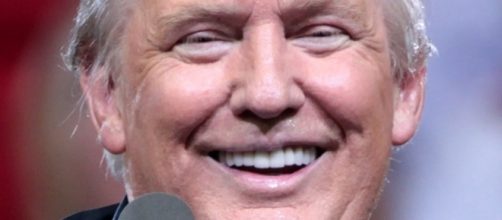President Donald Trump, clearly frustrated that the effort to repeal and replace Obamacare failed in the Senate, is contemplating playing a little hardball to get the issue moving again. To that end he is mulling two policy changes, one that would end cost sharing payments for Obamacare individual health care insurance policies, the other would then end exemptions from Obamacare for Members Of Congress and their staffs. In any case, the clock is ticking as the system has entered a death spiral in which it will implode if nothing is done. Trump is reported to be counting on that process to get Congress moving on the issue.
Stopping cost sharing payments
The administration will decide soon as to whether it wants to continue cost sharing payments with insurance companies that lower premiums and deductibles for low-income customers of the Obamacare individual policies. Apparently, these payments are not mandatory under the affordable care act but are at the discretion of the government.
The effect of such a policy change would be to accelerate the death spiral of the Obamacare system. It would also greatly inconvenience low-income people who are on the exchanges, placing individual policies out of reach and forcing them to accept fines from the IRS for not carrying them. The policy change would also elicit accusations from Democrats that the administration is in some way “sabotaging” Obamacare on the backs of the poor.
Terminating the Obamacare exemption for members of Congress and their staffs
On the one hand, the Affordable Care Act moved members of Congress and their staffs into the Obamacare insurance exchanges. On the other hand, the Office of Personnel Management under President Obama determined that the employer portion of the premiums would flow through the District of Columbia exchange, in effect subsidizing insurance for members of Congress, their families, and staffs.
Ending the OPM exemption would force members of Congress to live under the Obamacare exchanges pretty much like any other American. The theory is that this would provide Congress an extra incentive to fix the broken system.
Ironically, such a change in policy would inconvenience Sen.
John McCain, R-Arizona, who is considered as casting the deciding vote that ended the so-called “skinny repeal.” McCain will be, in short order, undergoing treatment for terminal brain cancer. The change would not impact his ability to get treatment, unlike the situation for many Americans under Obamacare. The McCain family has more than enough personal wealth to cover the extra premiums and deductibles and additional expense that could result. However, the question arises, would this be seen as cruelty or revenge best-served cold?


